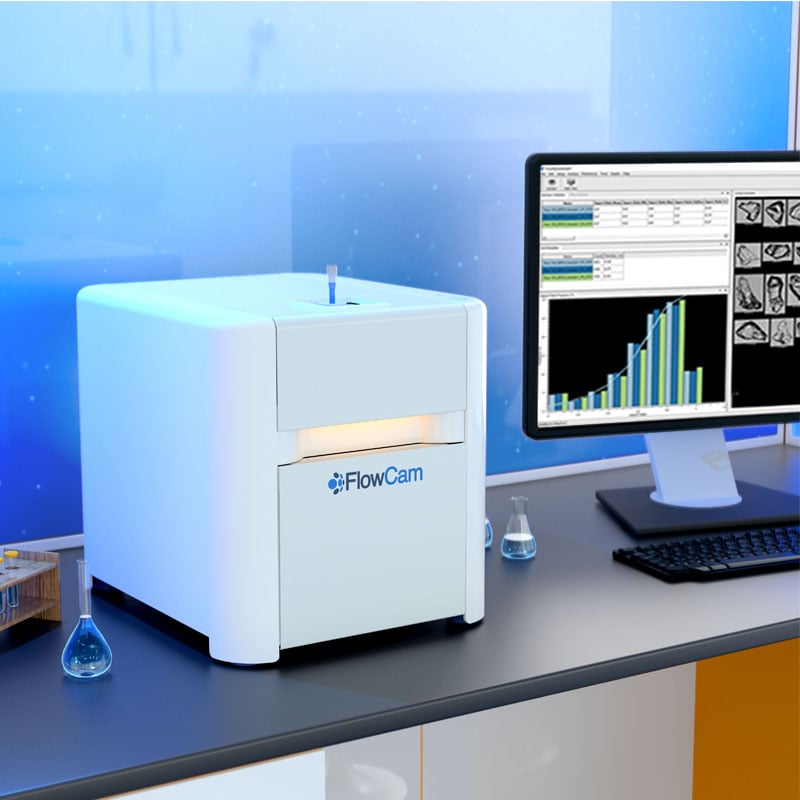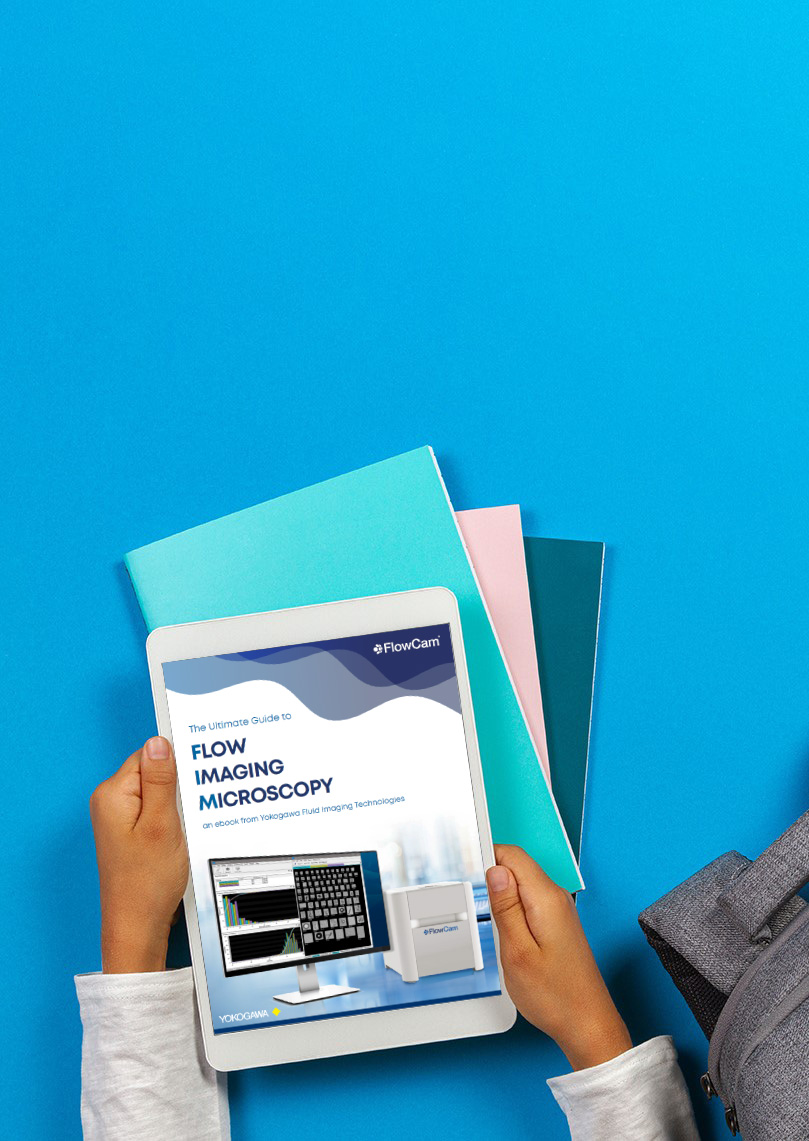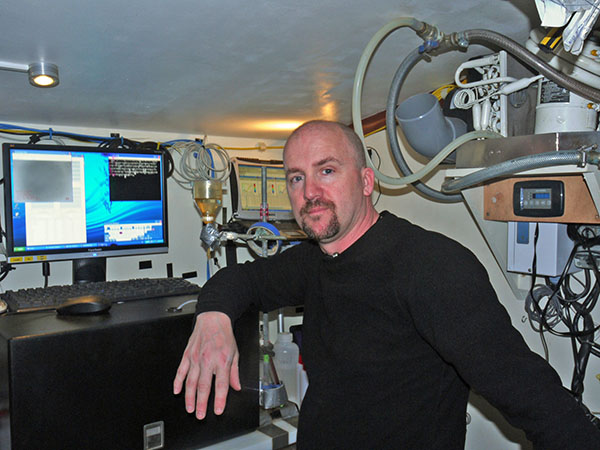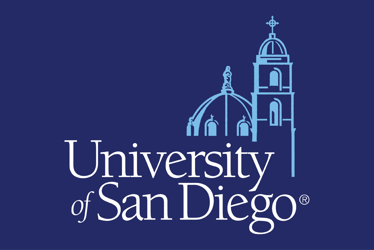University College Dublin, Integrative Biology Laboratory
Research Areas:
The Tara Oceans is a unique circumnavigation of the Earth on a 36 meter schooner to analyze and collect plankton communities, as well as coral specimens to establish a freely available database comprising satellite images, geochemical data, images, as well as genomic sequences to describe them at best. The Tara Oceans Marine biology Imaging platform (TAOMI) is due to provide optimal imaging and cytometry equipments for the researchers on board during their 2.5 years journey. This is a challenge due to the boat size, its stability and the limited amount of energy that challenges optical instrument designers. TA.O.M.I. is composed of three elements: onboard cytometry, onboard microscopy and macrophotography.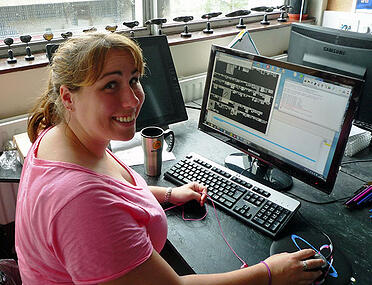 The cytometry has been mainly designed for two purposes: continuous monitoring of the phytoplankton and its photosynthetic activity (FRRF, and Ac-s) and morphological analysis for population analysis and correlation with genomic analyses (FlowCAM). The protocol we used was developed with Michael Sieracki Laboratory using whole water samples in both Fluorescence and Auto-image modes from Surface and DCM water sample. In addition, one run of the 20 µm net tow after screening through a 180 screen was added. This sampling strategy quantitatively characterize the microplankton (15 to >300 µm) in the pumped water samples, and 2) qualitatively assess and record the diversity in the 20 – 180 µm fraction of the 20 µm net sample. The quantitative characterization (1) yields phytoplankton and total particle abundance and size spectra, as well as images of the particles. The qualitative assessment of the net material (2) gives a quick look at the dominant morphotypes collected, and records these images for future characterization of morphological diversity.
The cytometry has been mainly designed for two purposes: continuous monitoring of the phytoplankton and its photosynthetic activity (FRRF, and Ac-s) and morphological analysis for population analysis and correlation with genomic analyses (FlowCAM). The protocol we used was developed with Michael Sieracki Laboratory using whole water samples in both Fluorescence and Auto-image modes from Surface and DCM water sample. In addition, one run of the 20 µm net tow after screening through a 180 screen was added. This sampling strategy quantitatively characterize the microplankton (15 to >300 µm) in the pumped water samples, and 2) qualitatively assess and record the diversity in the 20 – 180 µm fraction of the 20 µm net sample. The quantitative characterization (1) yields phytoplankton and total particle abundance and size spectra, as well as images of the particles. The qualitative assessment of the net material (2) gives a quick look at the dominant morphotypes collected, and records these images for future characterization of morphological diversity.
The Tara Oceans FlowCAM was successfully set up, calibrated, and first operated at Station 18 off Malta by Michael Sieracki. FlowCAM samples were run on all subsequent 153 stations according to the protocol, with some variations due to weather conditions, sampling.
The TARA Oceans expedition has achieved his first goal in March 2012 in Lorient, France and we are currently running the analysis of the entire dataset using advanced semi-automated image analysis tools (R, ImageJ, Zoo/Phytoimage).
FlowCAM Images:
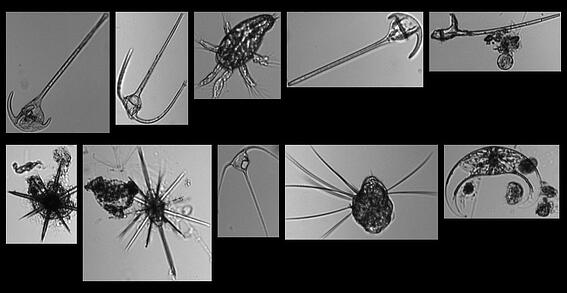
Links:
Emmanuel Reynaud, University College Dublin



